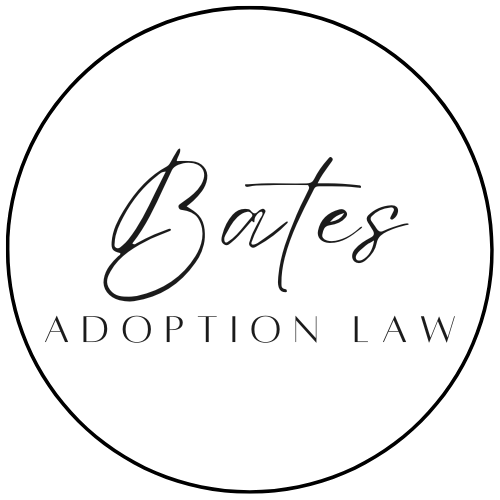There are a few federal tax benefits for adoption, including a tax credit for qualified adoption expenses paid to adopt an eligible child and an exclusion from income for employer-provided adoption assistance. The credit is nonrefundable, meaning that it is limited to your tax liability for the year. However, a credit in excess of your tax liability may be carried forward for up to five years. In 2020, the maximum tax credit is $14,300 per child (this amount is annually adjusted for inflation). The credit is reduced proportionately for taxpayers with modified adjusted gross income over $214,520 and is phased out completely for taxpayers with more than $254,520 in modified adjusted gross income (these amounts are also subject to annual inflation adjustment). For more information, see the IRS’ website here.
Q: Is it a credit or a deduction… and what’s the difference?
A: A tax deduction reduces your taxable income, meaning it reduces the amount of income that taxes will be taken out of. A credit, on the other hand, reduces the amount of taxes you owe, dollar-for-dollar. The adoption tax benefit is a credit, meaning that as long as you owe federal taxes, the credit will lower the amount of taxes you owe to the federal government, dollar for dollar.
Q: Is it a refundable credit?
A: No. The credit used to refundable, meaning if you owed less than $14,300 in federal taxes, any remaining amount of the credit would be paid out to you. There is some advocacy occurring to try to reinstate it to be a refundable credit, but at the moment it is not. For now, if you owe less than $14,300 in federal taxes, any remaining amount can be carried forward for up to five years.
Q: Which expenses are considered “qualified adoption expenses”?
A: As defined in the code, qualified adoption expenses include reasonably and necessary expenses that are directly related to and for the principal purpose of the legal adoption of an eligible child. Examples of qualified adoption expenses include: home study fees, advertising fees, attorney fees, court costs, agency fees, and traveling expenses (including amounts spent for meals and lodging while away from home). Although permitted in California, amounts paid for birth mother expenses are NOT considered “qualified adoption expenses” under the federal tax credit.
Q: Can you take the adoption credit for an adoption that never gets finalized?
A: Yes. This means that you can take the adoption credit for a failed adoption. You can also take the credit for fees that were paid, such as home study fees, even if a specific child was never identified.
Note: If you have a failed adoption, followed by a successful adoption, you still can only receive a credit of $14,300 for total adoption expenses.
Q: What types of adoptions are included in the tax credit?
A: Domestic, international, and foster care adoptions all qualify for the adoption tax credit.
Q: Can you take the tax credit for a stepparent adoption?
A: No, the code specifically excludes adoptions of your spouse’s child from the adoption tax credit.
Q: When can you take the adoption tax credit?
A: The following applies to domestic adoptions only (there are different timing rules for international adoptions):
Before an adoption is finalized, qualified adoption expenses are allowable as a credit for the tax year following the year of payment. Therefore, if your adoption is not yet final, you can claim qualified expenses paid in 2019 on your 2020 tax return.
Once an adoption becomes final, and subject to the total dollar limitation, qualified adoption expenses paid during or after the year of finalization are allowable as a credit for the year of payment.
Example: Adoptive Parents (“APs”) paid $2,500 in qualified adoption expenses in 2019, $6,000 in 2020; $2,000 in 2021 and the adoption finalizes in 2021.
On their 2020 taxes, APs could take the adoption credit for the $2,500 paid in 2019. They would have to wait until they file their 2021 taxes in order to take the remaining amounts paid in 2020 and 2021, up to the maximum credit amount.
Disclaimer: The above questions and answers are intended to provide general information about the tax credit, but I am not a tax specialist. I highly recommend that you speak with a certified accountant or tax attorney if you have specific questions regarding your tax liability and eligibility for this credit.

